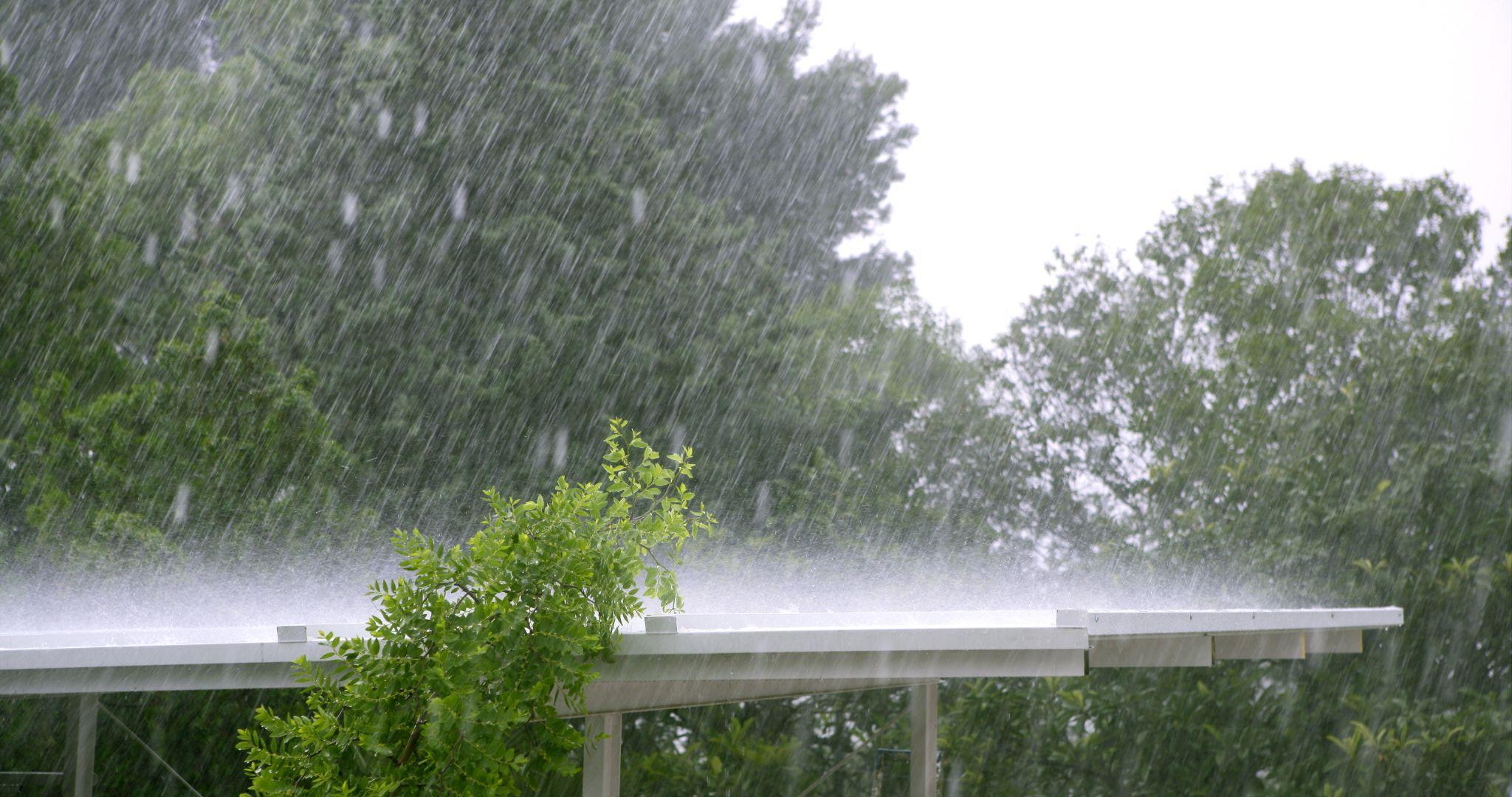Why Stormwater Management at Home Is Important
- Written by Daily Bulletin

When you hear stormwater mentioned most people have a blended idea of rainwater and home drainage water. They are quite different and need to be maintained differently in order for your drains and pipes to be in top functioning order and to provide good results for your property.
Stormwater is any rainwater runoff that isn't captured or controlled. Excess water flows down driveways, streets and gutters to underground pipes where it is delivered to waterways. The biggest difference between stormwater and other maintained water types is that it is not cleaned. It exits into rivers and lakes untreated and unchecked.
What is stormwater made up of?
Any rain that has no place to go becomes stormwater. It is made up of any unrestrained:
-
Roof water - from roofs, gutters and downpipes
-
Surface water - surface water that flows across paved and unpaved land
-
Subsoil water - water built up and trapped underground due to a low lying property, brick walls or concrete foundation.
While gardens, lawns and soil can absorb a certain amount, other surfaces can’t hold water and will send it rushing downhill, particularly concrete driveways, gutters and roads.
As it travels, stormwater mixes with soil, sticks, leaves and other garden matter (including fertiliser) as well as road pollutants such as petrol, oil and discarded rubbish. The untreated water is then released to natural waterways.
How is storm water collected?
Stormwater has a variety of collection points, some of these will start on your private property, such as your roof, gutters, drains and surface areas. From there water will flow downhill which could include adjoining private properties or land before arriving at public land such as gutters and roads to be directed down stormwater drains or grids where it flows underground.
The water from a township will amass underground and flow through the stormwater system to eventually exit to natural bodies of water such as wetlands, lakes, rivers and oceans.
Some private properties will have stormwater drain entry points as well. It’s the responsibility of every homeowner to ensure they have adequate stormwater management in place to protect property from erosion and localised flooding as well as protect the waterways and ecosystems.
Stormwater impacts
Poorly managed stormwater can mean your property soil is eroded, flooded or too soggy to work with or grow your garden. Blocked drains can occur especially during times of higher than usual rainfall, making a once good stormwater management system inaccessible.
Excessive stormwater volumes and stormwater debris has a big impact on private properties and waterways that can have devastating results due to:
-
- Pollution
-
- Altering river pathways and flow
-
- Changing flood patterns
-
- Affecting the availability of irrigation water
Stormwater drainage is the system in place to manage stormwater runoff. This is achieved by directing stormwater to the fastest possible gateways that bypass a lot of the areas where debris can be picked up. The best stormwater management systems provide natural filter systems that allow the water to be cleaned before moving along on its journey to larger water bodies.
Tips to manage stormwater runoff
Collecting rainwater from your roof either in tanks or through well directed downpipes can help reduce the amount of stormwater exiting your property.
You can also help by:
-
- maintaining a healthy garden and lawn - established plants and trees will stop water runoff and allow more water to be absorbed into your garden.
-
- Clean up leaves, bark and branches that could be washed into stormwater drains and cause blockages
-
- Limit your use of chemical fertilisers and pesticides that damage ecosystems
-
- Consider a rain garden - beautiful all year round and provides a natural filtration system as well as a habitat for local wildlife.
-
- Get your stormwater drains inspected regularly
Having issues with overflowing drains after a downpour? It can really help to have a discussion with an experienced professional to determine the cause of your stormwater issues and understand the variety of solutions available to you.




